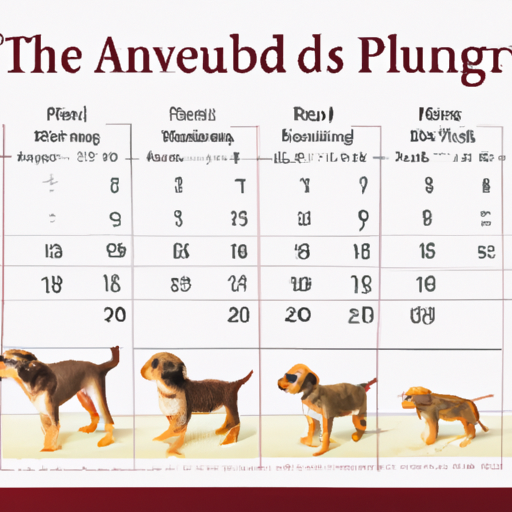As a caregiver, it’s crucial for you to understand the phases of your beloved pet’s life. One of the most common questions that arises is, “how long is a dog considered a puppy?” The answer isn’t as straightforward as you might think. The puppy phase isn’t just about age; it’s also about growth and development.
1. Understanding the Puppy Phase
The puppy phase is an important stage in a dog’s life where they experience rapid growth and development. During this time, your puppy learns how to interact with the world and develops their personality.
- Large breeds: Up to 18 months
- Medium breeds: Up to 12 months
- Small breeds: Up to 9 months
However, these are just general guidelines, and each dog may develop at their own pace.
2. Physical Development
Physically, a dog is considered a puppy until it reaches its full adult size. This occurs about the time they reach their sexual maturity. The time frame varies for different breeds:
| Size | Age When Fully Grown |
|---|---|
| Small | Around 10 – 12 months |
| Medium | Around 12 – 15 months |
| Large | Around 18 – 24 months |
3. Emotional Development
Emotionally, a dog may still be a puppy even after reaching full size. Dogs are like humans in that they continue to mature emotionally after they’ve grown physically. A dog is generally considered emotionally mature at around 1 to 2 years old, although some dogs may take longer.
4. Behavioral Development
In terms of behavior, a dog may be considered a puppy until they have been fully trained and socialized. This involves learning the rules of the house, how to behave around other animals, and how to respond to commands.
5. Health Considerations
During the puppy phase, dogs have specific health needs. They require a special diet to support their rapid growth and frequent vet visits to keep up with vaccinations and check-ups.
6. The Importance of Knowing When Your Dog is No Longer a Puppy
Knowing when your dog is no longer considered a puppy is important for various reasons, including:
- Dietary Needs: Adult dogs need a different diet than puppies.
- Training: The approach to training may change as your puppy transitions into adulthood.
- Health Care: Adult dogs have different healthcare needs and vaccination schedules.
7. Indications That Your Dog is No Longer a Puppy
Here are some signs that your dog is transitioning into adulthood:
- Slower growth
- Less destructive behavior
- More calm and less hyperactive
- Changes in sleeping patterns
8. Frequently Asked Questions
Q: When is a dog considered an adult?
A: Most dogs are considered adults when they reach one year of age. However, larger breeds may take up to two years to fully mature.
Q: When should I switch my puppy to adult dog food?
A: Generally, you should switch your puppy to adult dog food when they reach about 90% of their expected adult size.
Q: How can I tell if my dog is still a puppy?
A: Look for signs of puppy behavior such as excessive playfulness, curiosity, and a high energy level.
By understanding the puppy phase, you can better meet your pet’s needs during this critical stage of their life. Remember, every dog is unique and may not follow these guidelines exactly. Always consult with your vet if you have any concerns about your pet’s development.



